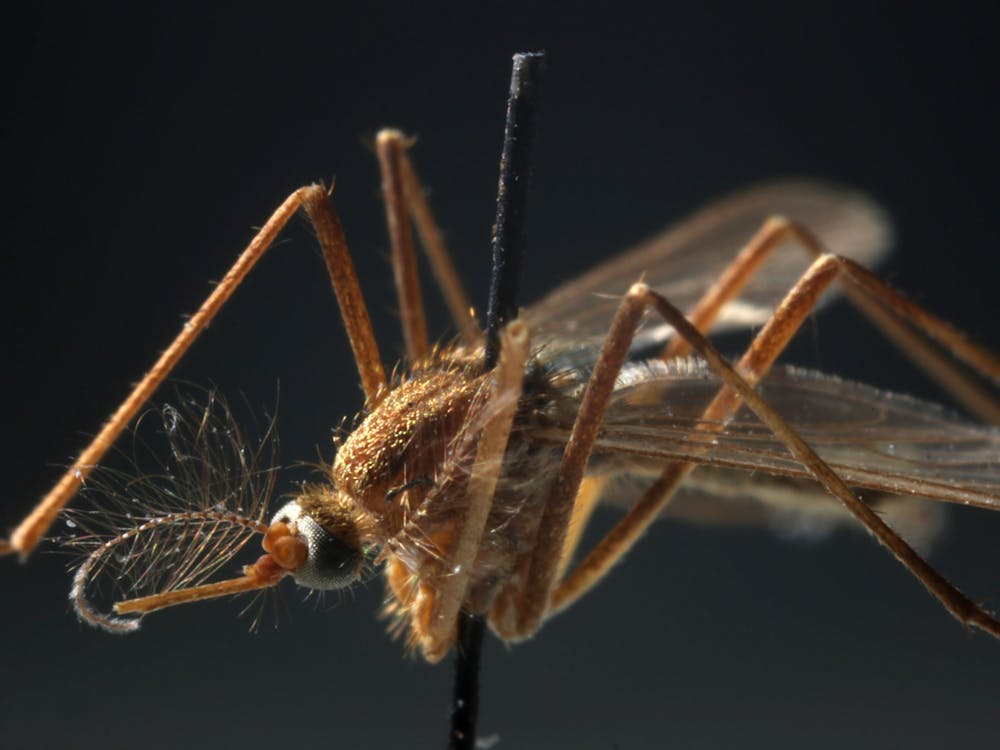In a Sept. 19 press release, the North Carolina Department of Health and Human Services reported the West Nile virus has infected four people in the state, doubling the average number of cases at this point in the year. No deaths have been reported.
The West Nile virus is a mosquito-transmitted disease that can cause mild flu-like symptoms or, in rare cases, rash, vomiting, headache and fever. Only 20 percent of infected individuals experience the more severe symptoms.
“Most people who are infected with West Nile virus don't get sick at all – they'll never know,” said Helen Lazear, an assistant professor in the UNC Department of Microbiology and Immunology.
According to the Centers for Disease Control and Prevention, only one in 150 people will develop serious and sometimes fatal symptoms. The West Nile virus is the leading cause of mosquito-transmitted disease in the U.S.
Lazear, who is leading research on the virus, said August and September are the two months when the most people will get infected.
"Detecting a number of West Nile virus infections is a reminder to take precautions, especially because there are two months of active transmission season ahead of us,” Michael Doyle, state public health entomologist with the NCDHHS, said in the press release.
Kelly Connor, the communications manager for NCDHHS, said that because there are no vaccines for the virus, prevention is key.
"(It's) definitely important to prevent getting bitten by mosquitos by using insect repellent, making sure that you don't leave a lot of standing water in your yard and stuff because that's where mosquitos breed," Connor said.
Victoria Hudson, the environmental health director for Orange County, also said the County cannot kill or control the transmitter of the virus — mosquitos. As a result, Connor and Hudson both recommended people follow the precautions.



